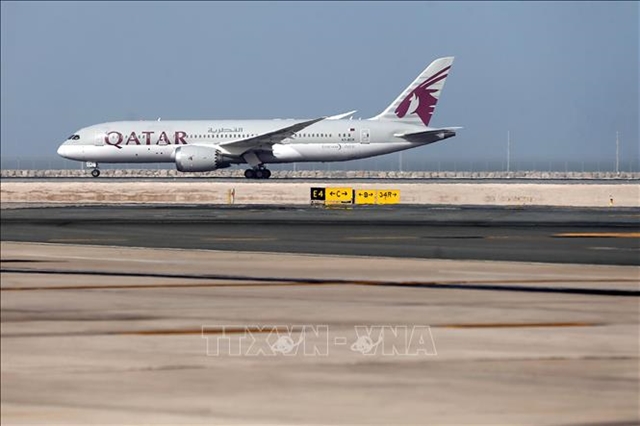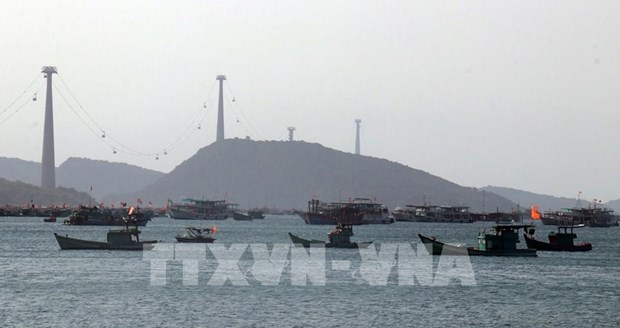 Economy
Economy


|
| Tourism has become a spearhead economic sector in Phú Quốc, Việt Nam’s first island city. — VNA/VNS Photo |
PHÚ QUỐC — Phú Quốc, Việt Nam’s first island city, has attracted 372 projects to date with capital totalling some US$16.5 billion.
Tourism, service, and urban areas are the most attractive sectors, according to the city’s authorities, adding that investments in these fields helped Phú Quốc become a second-tier city.
Major economic corporations such as Vingroup, Sungroup, BIMgroup, CEOgroup, MIKgroup, and Milltol have made significant contributions to the island’s economic growth over recent years.
Local trade-service production expanded by an average of over 19 per cent each year during the last five years, doubling the rate in its home province of Kiên Giang in the Mekong Delta. State budget collections rose an average of 19 per cent annually and accounted for more than 40 per cent of the province’s total collections.
Tourism has become a spearhead economic sector. Dozens of large-scale tourism projects have been carried out, with an array of high-end resorts serving both domestic and international visitors. The Bãi Trường tourism complex is being formed, giving the Phú Quốc urban area a facelift.
According to the Chairman of the island city People’s Committee Huỳnh Quang Hưng, investors enjoy the best possible mechanisms and policies from the government.
The city is working with provincial departments and sectors to recommend the Government introduce more favourable policies regarding land rentals, land use, and immigration, so as to attract more investors to the island.
During the 2021-25 period, Phú Quốc City will focus on developing socio-economic infrastructure, particularly in transport, power, water, waste treatment, urban areas, shopping malls, schools, and hospitals.
It is inviting investors to expand Bãi Vòng Port and Đất Đỏ Port, develop fisheries infrastructure and facilities in response to climate change, and build modern waste treatment plants.
The island city also prioritises investments in tourism, hi-tech agriculture, and high-quality healthcare. — VNS




